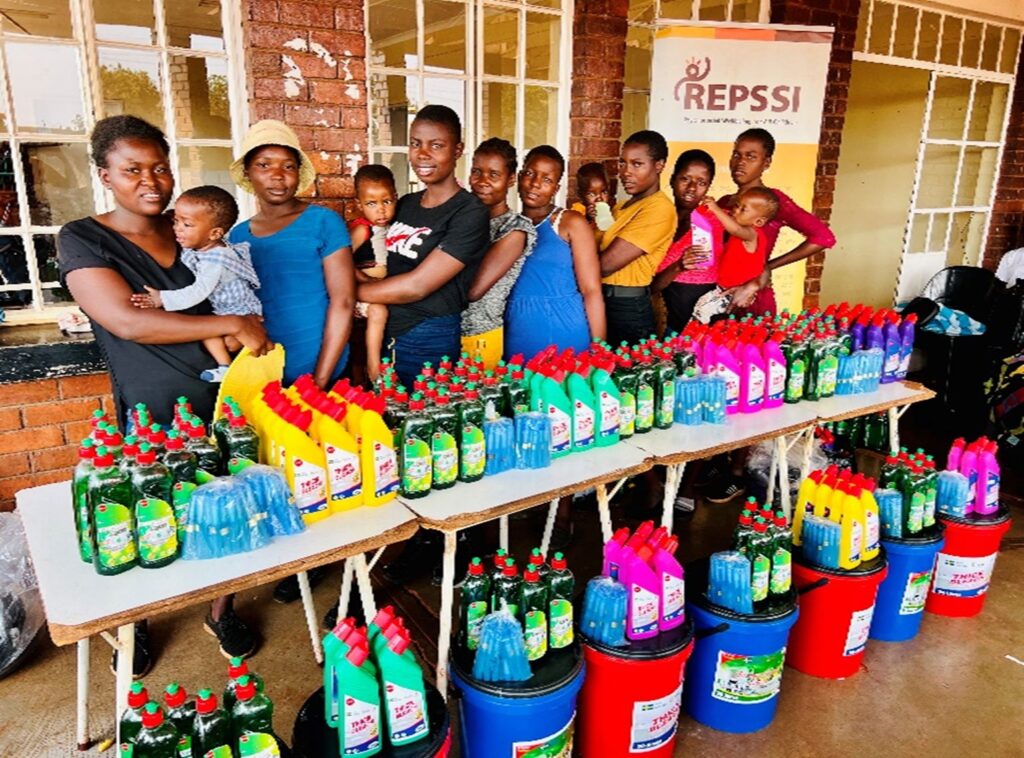
Resilient and Empowered Adolescent and Young People (READY+) project
REPSSI's Resilient and Empowered Adolescent and Young People (READY+) project, funded by The Global Fund, is implemented in Zimbabwe from 2022 to 2026. The project aims to improve the mental health, empowerment, and well-being of adolescents and young people living with or most affected by HIV. REPSSI, in collaboration with implementing partners Zvandiri, PATA, and Y+ Global, addresses social challenges and mental health issues through psychosocial support, peer-led initiatives, and community-based care. By creating safe spaces for open dialogue, promoting resilience, and providing access to HIV-related mental health services, the project helps young people overcome stigma, discrimination, and emotional challenges linked to HIV.
OUR PROGRAMMING
The project aims to improve the well-being of adolescents and young people living with or most affected by HIV in Zimbabwe. The focus is on enhancing mental health, empowerment, and social support. The goal is to build resilience, reduce stigma, and ensure access to sexual and reproductive health services. Key objectives include providing psychosocial support, strengthening peer networks, and creating safe spaces for young people to share their experiences, develop coping skills, and gain confidence in managing the emotional and social challenges associated with living with or being affected by HIV.

Capacity Building
Capacity building in this project targeted training and skill development for adolescents, young people, and community stakeholders. Peer supporters have received training in psychosocial support, HIV care, and leadership, enabling them to effectively assist their peers. Healthcare providers and community leaders have been equipped with the knowledge and tools to deliver better HIV-related services and mental health support. Additionally, local organizations have been strengthened to provide more robust care and advocacy for A&YPLHIV. This capacity building approach ensures that both individuals and communities are better prepared to address the complex needs of adolescents and young people living with or affected by HIV.
Intervention
The project has had a profound impact on beneficiaries and community stakeholders. One beneficiary said, “I now feel empowered to speak about my HIV status and seek the support I need.” A local health worker explained, “The training has helped us better understand the needs of young people, allowing us to offer more compassionate care.”
Community leaders also expressed their appreciation. One leader shared, “The initiative has inspired young people to take leadership in advocating for their health and rights, creating a more supportive environment.” Overall, the project has strengthened both individual and community capacity, fostering positive change for adolescents and young people living with or affected by HIV.
Advocacy
Advocacy within this project focuses on raising awareness and influencing policy to improve the sexual and reproductive health and rights of adolescents and young people living with or affected by HIV. The project advocates for the reduction of stigma, increased access to mental health services, and stronger community support systems. It engages community leaders, healthcare providers, and policymakers to create an enabling environment for youth empowerment.
What we are learning
As we implement this project, both REPSSI and stakeholders, including beneficiaries, are learning valuable lessons. REPSSI has recognized the importance of continuous community engagement and the need for tailored approaches to address the diverse needs of adolescents and young people living with or affected by HIV. Stakeholders are learning how peer-led initiatives and capacity building enhance service delivery. Beneficiaries highlight the significance of having safe spaces to share their experiences and access support. Overall, we are learning that empowering youth as active participants in their health decisions and fostering collaboration across sectors leads to more effective and sustainable outcomes.
Monitoring and evaluation
Monitoring and evaluation in this project involve regular assessments to track progress and measure outcomes. Data is collected through surveys, interviews, and feedback from beneficiaries and community stakeholders. The project’s effectiveness is evaluated based on improvements in youth empowerment, access to services, and reductions in stigma.
